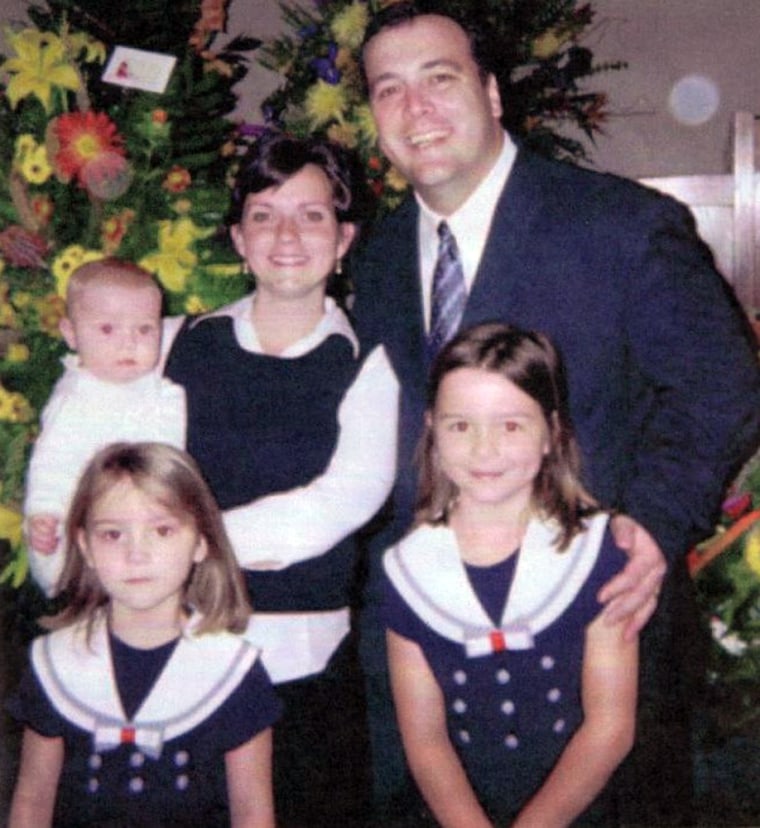A judge ruled that a woman who killed her minister-husband with a shotgun can have supervised visitation with her three children.
Mary Winkler, the convicted killer, has said she needs to help their three daughters heal emotionally from the loss of their father.
The girls’ paternal grandparents would not let Winkler visit her daughters or even talk to them on the telephone, Winkler told the judge Wednesday.
The grandparents, who have been caring for the girls since their mother’s arrest, were trying to terminate Winkler’s parental rights and adopt the girls.
Winkler said she has seen the girls twice since her arrest last year, though she was allowed at first to phone them weekly and write to them.
“We can begin healing together and let God guide us,” she said.
Matthew Winkler was found shot to death in the parsonage of his Church of Christ church in Selmer, Tenn., in March 2006. His wife testified at her trial in April that she accidentally shot her husband while trying to talk to him and that he abused her physically and emotionally.
Woman says she is competent to care
Winkler was tried on a first-degree murder charge but was convicted of voluntary homicide, a lesser offense. She drew a three-year prison sentence and got probation for most of it, spending just over five months in jail and two months in a mental health facility.
Winkler told Judge Ron Harmon that she is competent to care for her children thanks to psychological counseling and drugs for anxiety and depression. The girls are now 10, 8 and 2 years old.
The children’s paternal grandparents, Winkler said, also refuse to let her father and other members of her family visit the girls. “My children need 100 percent of their family,” Winkler said.
John Ciocca, a clinical psychologist, testified that denying young children access to a parent can be emotionally damaging.
While on probation, Winkler is living with friends and has a job at a laundry. Her former parents-in-law have filed a $2 million wrongful death lawsuit against her.
